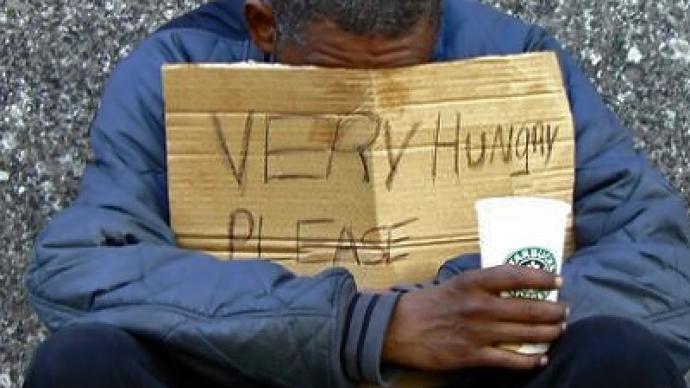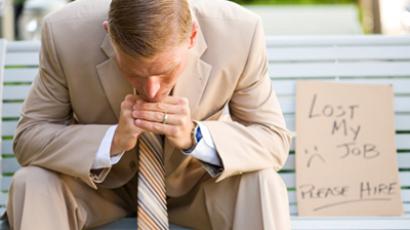Separate and unequal: America’s rich-poor gap grows

The recession has brought about an expansion in the gap between rich and poor Americans, and has taken a toll on various aspects of social inequality.
Unemployment is high, deficits continue to deepen, and homes sales continue to dwindle and for the past 30 years, the gap between rich and poor has grown exponentially. In the US, the poorest 90 percent of Americans earn on average $31,244 annually, while the top 1 percent of the population make over $1.1 million. In addition, growth in wealth among most groups of the population have sat stagnate since 1979 while rich Americans have almost quadrupled their intake. To make matters worse, most Americans have no idea of the level of inequality in their own backyards. They are unaware of the extent of the divide, yet still hope for greater equality.On top of the inequality exists a poor national healthcare system and a lack of government mandated labor and parental rights. The US has no national policy of paid maternity or paternity leave, unlike most of the developed world. A new report cites this flaw as an utter embarrassment that could easily be addressed at low cost to employers."Despite its enthusiasm about `family values,' the US is decades behind other countries in ensuring the well-being of working families," Janet Walsh, deputy director of the women's rights division of Human Rights Watch told AP. The gap between the rich and poor is affecting the well being of American families, the rich are able to afford to care for their loved ones, while the majority of Americans are not afforded that luxury. The report indicated that at least 178 countries boast laws guaranteeing paid leave for new mothers and in many cases, fathers. Exceptions included the United States, Swaziland and Papua New Guinea.Previous attempts in Congress to enact nationwide policies directed at paid family leave law have drawn opposition from business lobbyists who argued such a policy would be too great a burden for businesses, despise widespread international acceptations of such policies. In the United States, if you are a new parent, your option are to either work following a pregnancy or take unpaid leave, an option most Americans simply cannot afford. Dan Ariely, a professor at Duke University explained the bottom 40 percent of the US population makes up only 0.3 percent of the nation’s wealth.“The inequality in the US is very huge. The wealthy make a lot, the poor are very poor. We are basically like China in that inequality, we are not like Western Europe,” he explained. “People don’t understand how unequal it is.” Ariely said that studies show most Americans want greater distribution, a more equal society, and that both self identified Republicans and Democrats desire a more equal in society. “When you dig deep down inside, and you try to understand what people’s real values are, the political spectrum doesn’t really change that much,” he explained. The ongoing economic recession is making the gap worse, the rich are getting even richer and the poor are getting much poorer, Ariely explained. As the system continues it will become self sustaining with the gap continually growing unless addressed.













